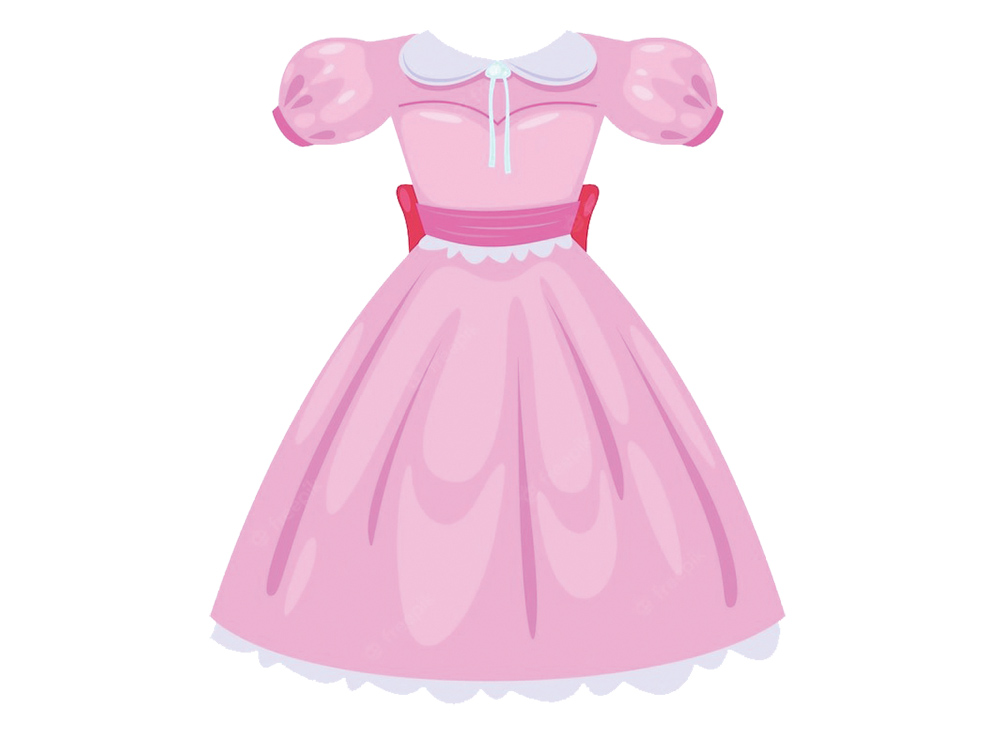
I am a father of girls. I think there’s just two of them, but you’d never guess it from their closets. I clearly don’t understand the importance of outfits and dresses and the nuances of what is appropriate to wear for each occasion. Why this peach dress is OK for a bris but not for a brunch, or for a l’chaim but not for a vort, will forever be beyond my scope of understanding.
As both my girls are fashionistas with their own strong sense of style (and both in the market for a husband, I might add), I’m not so familiar with the concept of having nothing to wear literally, only figuratively. However, a woman I work with sent me a message one day:
“Gotta tell your daughter how the other ppl in the world work… I think she will get a kick out of my utter clueless obliviousness. On Shabbos, my friend asked me, “What are you wearing to your grandson’s bar mitzvah?”
And all of a sudden it struck me—I have had 13 years of warning and yet …. I had “nothing to wear”!!!”
Indeed, my family would certainly have planned well in advance. They have dresses and gowns for all occasions, and no sooner does someone say, “Champagne pink” than they’re deciding whether it’s the right shade, or whether they’ll need to get something different.
However, the way this colleague worded it struck a chord in my memory. Somewhere in the back of my mind, I remember hearing something from a teacher or camp counselor that the mitzvos in this world prepare us for Olam Haba. Not only that, but we need to do a wide assortment of mitzvos because each prepares us in a different way.
He suggested that if we had given tzedaka but not collected it, for example, then in Olam Haba we might have hands but no feet. It was a bit unsettling, but then he gave a slightly different example of going to a wedding with a beautiful suit and tie, but no shoes. You would look ridiculous and feel even more awkward. That’s what it would be like going to the next world without certain mitzvos.
So, I find myself a bit weirded out by the examples he gave, but I get the concept. We need to perform all sorts of mitzvos in this life so we’re well-rounded in the next one. If we stick to the things we like and ignore the ones that don’t appeal to us, we will end up being underdressed, like the guy with the suit but no shoes.
With that concept ingrained in my psyche, the words of my friend took on new meaning. “I had 13 years of warning that this day was coming,” she said. “But I was oblivious and have nothing to wear!” Taking a cue from my childhood horror story, I realized how so many of us will come to the next world, or to the Day of Judgment in this world, and not have thought about getting prepared for the event.
We’ve known it’s coming all our lives, but have we actually gone shopping for an outfit or worried about what we will wear? Have we prepared our suitcases with mitzvos, enabling us to have a respectable set of clothing for that day? Maybe we want to have changes of clothing, so we look well-dressed at all times. We would do that by involving ourselves in a variety of mitzvos, through learning Torah, doing chesed and actually thinking of others on a regular basis.
The old expression, “the shoemaker’s children go barefoot,” is true because the shoemaker gets so busy taking care of his customers that he doesn’t have time to see what his own family needs. That’s what happens with us when we focus on the short-term needs we have and forget that our own needs for the future have to be addressed now as well, because there won’t be time when the future becomes the present. If we focus on what we’ll wear to the bar mitzvah and don’t think about what we’ll wear later on, that’s just as short-sighted as forgetting that we need to buy a dress for a simcha.
But now that my friend brought it up, we can be aware that we need to ensure our clothing is taken care of, as the Mishna says, “at all times may your clothing be white.” Make sure you’re always well-dressed, meaning attiring yourself with mitzvos and other things that keep you looking good, and then you’ll be ready for the party, even if it comes as a surprise.
Jonathan Gewirtz is an inspirational writer and speaker whose work has appeared in publications around the world. He also operates JewishSpeechWriter.com, where you can order a custom-made speech for your next special occasion. Sign up for the Migdal Ohr, his weekly PDF dvar Torah in English. Email info@JewishSpeechWriter.com and put Subscribe in the subject.









